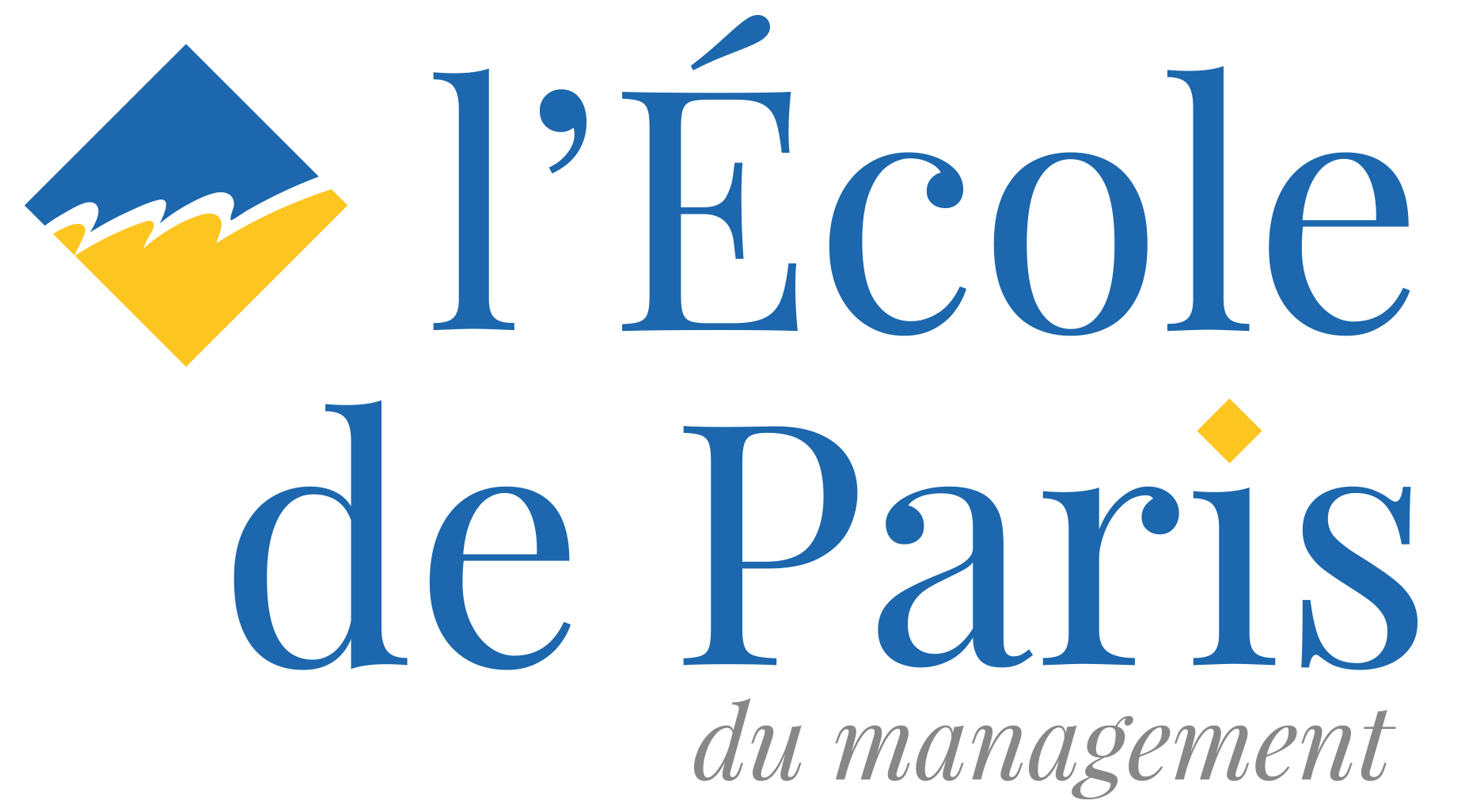Institutional models, public money and academic quality in higher education
Seminar Business life | Friday March 7, 2014 - 9h30 - 12h
Take two very different higher education institutions: one public – the University of California-Berkeley; the other private – Massachusetts Institute of Technology. In the eyes of the world, they personify, with a few other institutions, academic excellence, and define the criteria against which their less fortunate fellow establishments - faced with this ideal which is probably unattainable for them - will be measured. What are the keys to this singularity which has been the breeding ground for so many Nobel Prize winners? Behind the façade, both institutions show great similarities in their governance models: they have the same evaluation practices of professors by their peers, the same search for talent, the same search for originality and a multidisciplinary approach, the same cross-check of managers and professors, and, above all, the same creation of a truly moral community united in the pursuit of excellence. Could this model inspire reforms in higher education in Europe?
The entire article was written by:
Pascal LEFEBVRE


No comments yet